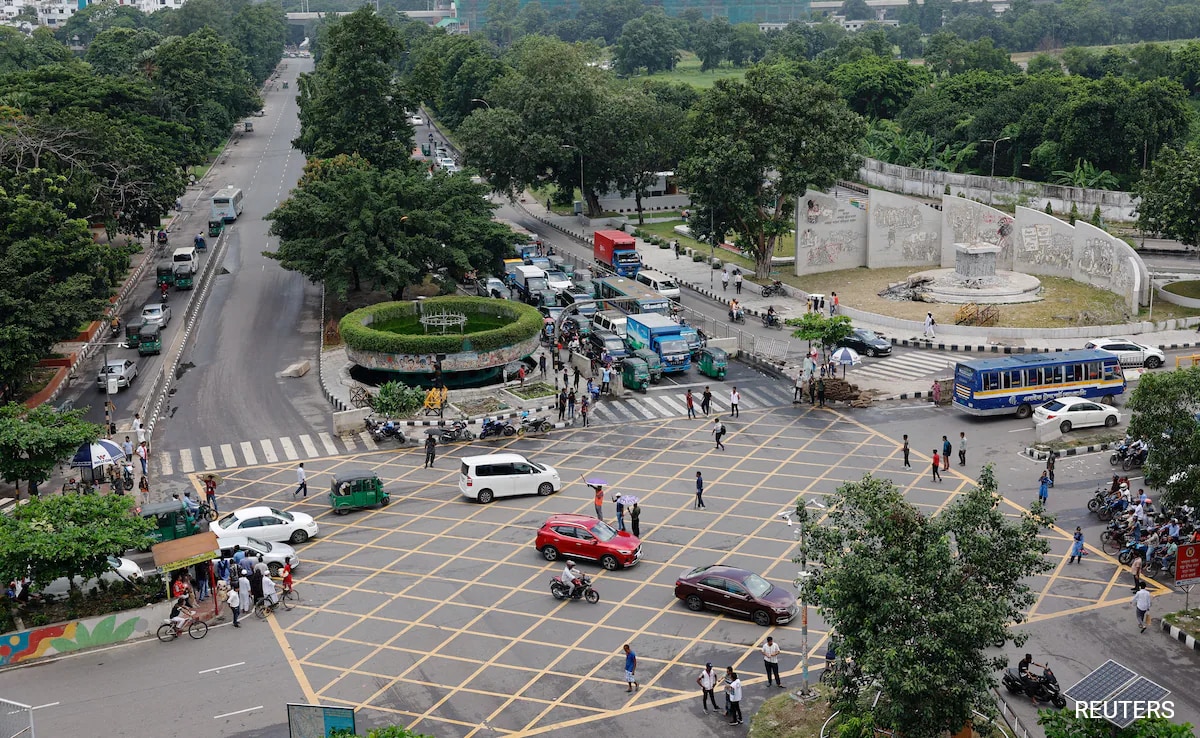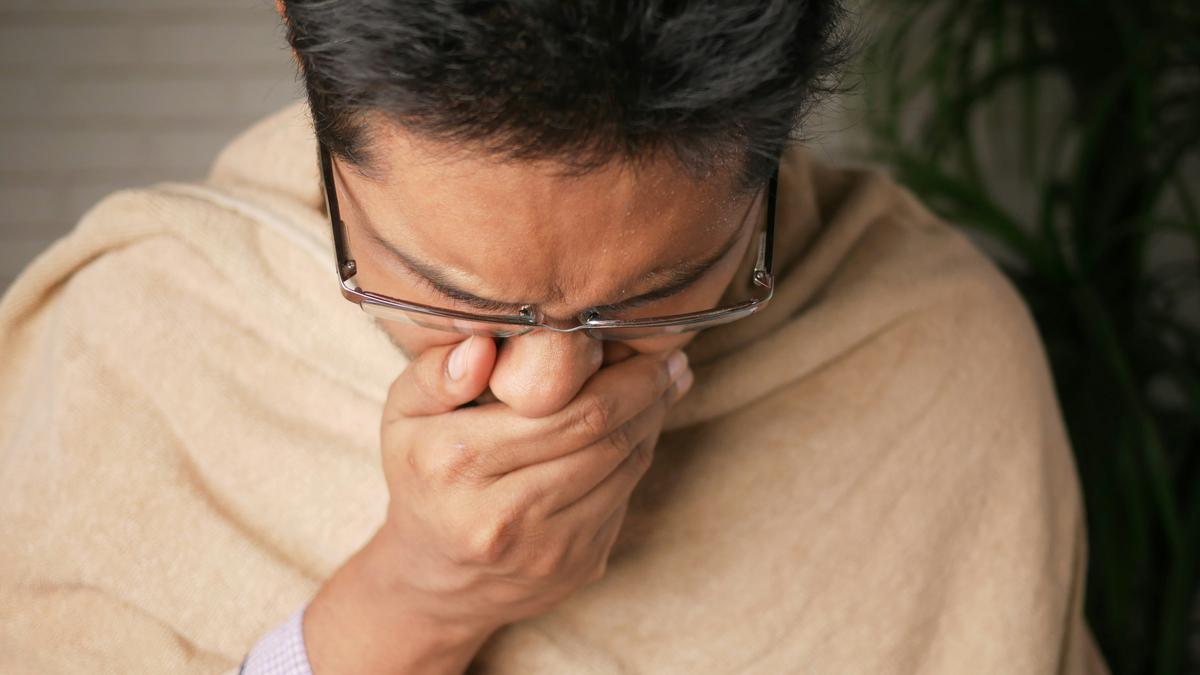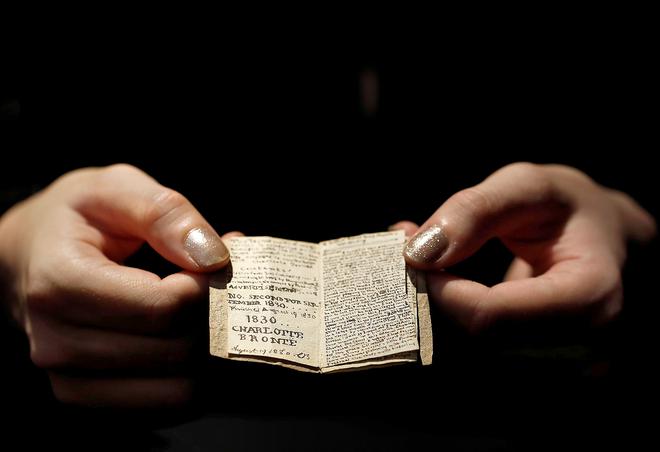The Covid-19 vaccine, Covaxin, developed by Bharat Biotech. File photograph
An open letter written to vaccine manufacturer Bharat Biotech International Ltd and to the Indian Council of Medical Research (ICMR), has called Bharat Biotech’s defamation suit filed against the authors of a research paper that studied the long-term effects of Covaxin, “short-sighted and punitive.”
The letter, written by a group of scientists, researchers, ethicists, doctors, patients and civil society members slammed the action taken by the Hyderabad-based vaccine manufacturer, stating that: “Scientific disagreements have to be articulated as counterpoints in scientific fora. Forcing the journal to retract the paper, or filing a 5 crore defamation suit leads to a chilling effect on researchers, and is harmful for science and the trust people have on the institution of science.”
The issue began in May this year, when a study by a team of researchers at Banaras Hindu University (BHU), was published in the journal Drug Safety. The one-year follow-up study titled ‘Long-term safety analysis of the BBV152 coronavirus vaccine in adolescents and adults: Findings from a one-year prospective study in North India’, said that adolescent girls and those with comorbidities were at a higher risk of adverse events after receiving Bharat Biotech’s BBV152 (Covaxin) vaccine against COVID-19. It also said that nearly a third of the participants of an observational study on the vaccine reported adverse events of special interest (AESI).
A few days later, the ICMR distanced itself from the study, stating that it was poorly designed, with critical flaws, and asked why it should not take legal and administrative action for these lapses.
The open letter states that like most research studies, this study too has various limitations which the authors acknowledge within the paper. It is common in science for starting from broad, simple studies and drawing on the results of these to go into more targeted and directed studies, the letter points out. “In the case of COVID-19 vaccines which were universally rolled out, the bare minimum one can do is to carefully document what has happened to people who have taken the vaccine(s). Moreover, in a petition challenging mandatory vaccination, the Supreme Court of India had specifically asked for collecting data about adverse events even if they are not already known to be caused by vaccine,” it says.
“The results [of the study] were published in Drug Safety, the official journal of the International Society of Pharmacovigilance after a peer review process required and facilitated by the journal itself. And unsurprisingly, the study showed that 99% of the people did not have any serious events,” the letter says.
“This was an opportunity for the government and its divisions like ICMR to bolster people’s trust in vaccine science. They could have thanked the researchers and set up follow-up studies to examine the causal relationship between any reported adverse events and the vaccine… But unfortunately things went in a very different direction.”
Following media reports, the letter says, the ICMR and Bharat Biotech went on the defensive. “We wish to call out this intimidation and express solidarity with the researchers from BHU who are being prosecuted. We demand a mature, open-minded, and more confident response from scientific bodies like ICMR. We demand for the lawsuit to be withdrawn, for the paper to be reinstated in the journal, and for constructive engagement from all stakeholders,” it states.
It may be noted that three years after interim data was posted as a preprint, Bharat Biotech and ICMR are yet to publish any long-term safety data of the Covaxin phase-3 trial.
The letter has been signed by over 180 people so far, as of Monday, September 23, 2024.
Published – September 23, 2024 02:27 pm IST








